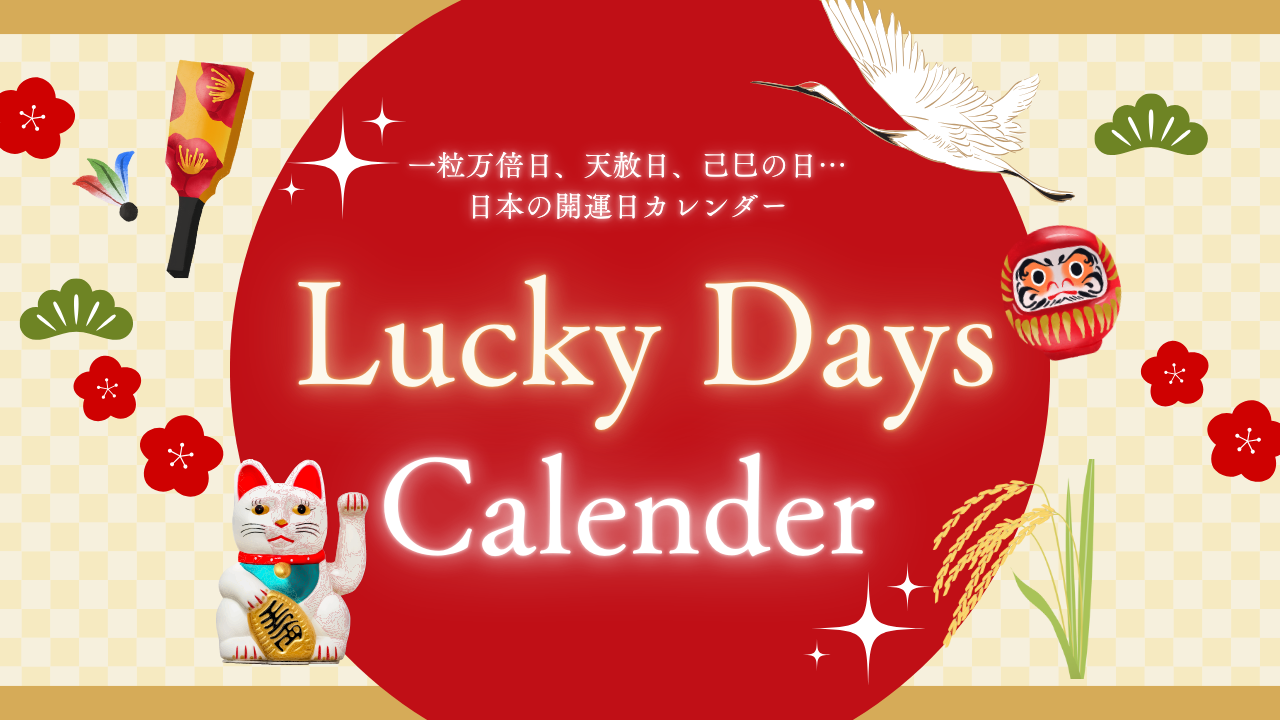
In Japan, the concept of "rekichū"—auspicious and inauspicious days based on traditional calendars—has been deeply ingrained in daily life for centuries. Among these, "Ichiryūmanbaibi" (一粒万倍日), "Tenshabi" (天赦日), and "Tsuchinotomi no Hi" (己巳の日) are particularly cherished as special days that bring good fortune.
This article introduces the 2025 lucky days in a calendar format while also explaining the meanings behind these auspicious dates, tips on how to maximize your luck, and key points to keep in mind. Why not explore Japanese traditions and learn how to invite good fortune into your life?
*By purchasing or reserving products introduced in this article, a portion of the sales may be returned to FUN! JAPAN.
What Are Good Fortune Days? Why Are They Gaining Attention?

Have you ever heard of "Good Fortune Days"? In recent years, it has become common for celebrities in Japan to announce their weddings on "Ichiryūmanbaibi," giving it a strong positive image. But what exactly are "Good Fortune Days"? Why do they attract so much attention? Let's dive into the details.
Japanese Calendars and Good Fortune Days
The modern calendar system (known as the Gregorian calendar) has been used in Japan for about 150 years, since the Meiji era. After the Meiji Restoration, Japan adopted the Western calendar and the seven-day week system. Before that, the country relied on the "Kyūreki" (旧暦), or lunar calendar, which was based on the phases of the moon. Additionally, various traditional Japanese and Chinese calendar systems were also in use.
In modern Japan, "Good Fortune Days" refer to specific days deemed auspicious based on these historical calendars.
Fortunate Days Based on Ancient Calendars
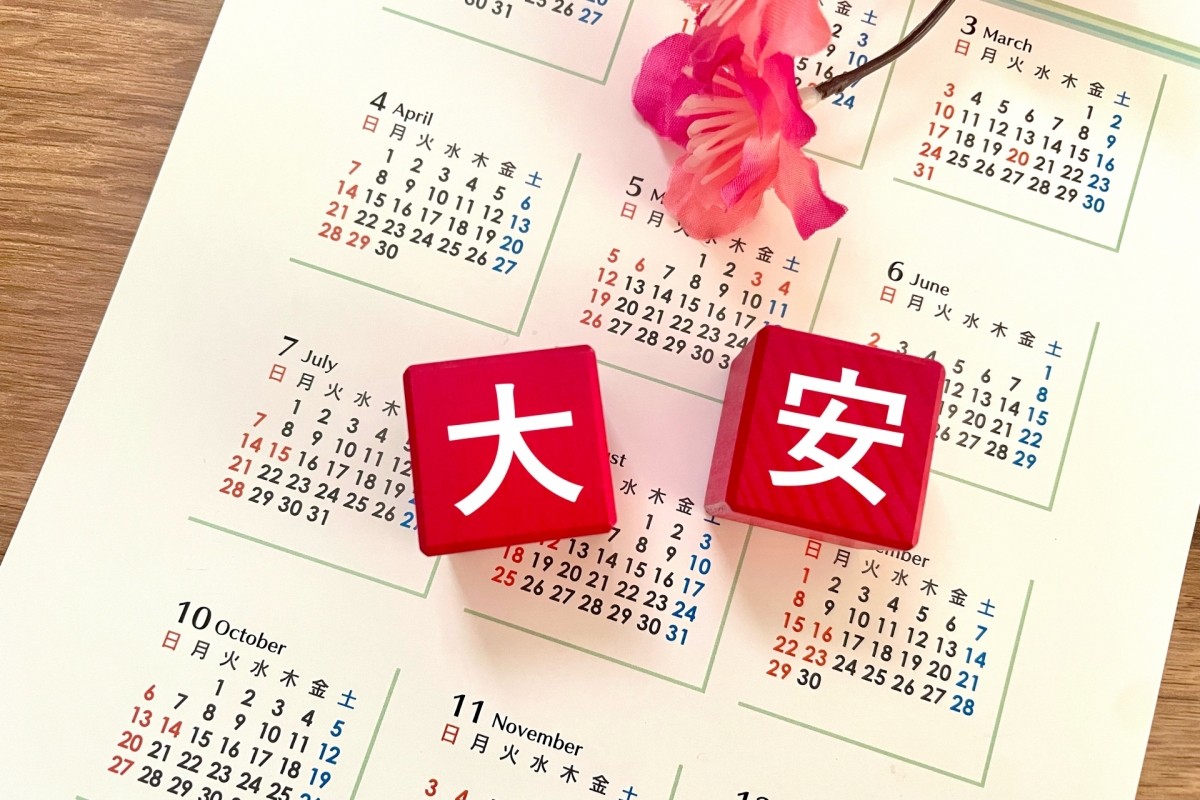
One of the most well-known calendar systems that has been used in Japan for centuries and is still widely referenced today is "Rokuyō" (六曜). Most calendars printed in Japan include this system.
Rokuyō operates on a repeating six-day cycle: "Senshō" (先勝), "Tomobiki" (友引), "Senpu" (先負), "Butsumetsu" (仏滅), "Taian" (大安), and "Shakkō" (赤口). "Taian" is considered the luckiest day in the Rokuyō cycle, making it an ideal date for weddings, construction projects, and other significant events. On the other hand, "Butsumetsu" is regarded as the unluckiest day, meaning it is generally avoided for celebrations such as weddings.
Why Are Good Fortune Days Considered Special?
For centuries, Japanese people have followed these calendars to determine the best days for various activities. This long-standing practice is rooted in the Japanese cultural belief of "engimono"—the idea of bringing good luck by choosing auspicious dates. By placing importance on "Good Fortune Days," people hope to increase their chances of success, much like a form of "genkatsugi" (rituals to bring luck) or "gankake" (making wishes). Even in the 21st century, many Japanese people continue to check and follow these lucky dates when making important life decisions.
The Importance of Timing When Taking Action
In Japan, there is a long-standing custom of valuing significant milestones. It is believed that if you embark on an important life event on a fortunate day, things will go more smoothly. Weddings, moving to a new home, and starting a business are all major life events that have traditionally been planned in alignment with auspicious dates for good luck.
Key Good Fortune Days and Their Characteristics
Now, let's take a look at some of the major lucky days beyond the Rokuyō system.
Ichiryūmanbaibi (一粒万倍日)

"Ichiryūmanbaibi" means "one grain of rice can multiply into a thousandfold harvest." This day is considered extremely lucky for starting something new, as whatever begins on this day is believed to grow and yield great success in the future.
It is an ideal day for launching a business, opening a store, sowing seeds, or making investments. However, borrowing money or lending items to others on this day is discouraged, as debts and burdens may multiply just as fortune does.
The date of Ichiryūmanbaibi is determined by a combination of the lunar calendar’s zodiac signs for the month and day, occurring approximately 60 times a year.
Tenshabi/Tenshanichi (天赦日)
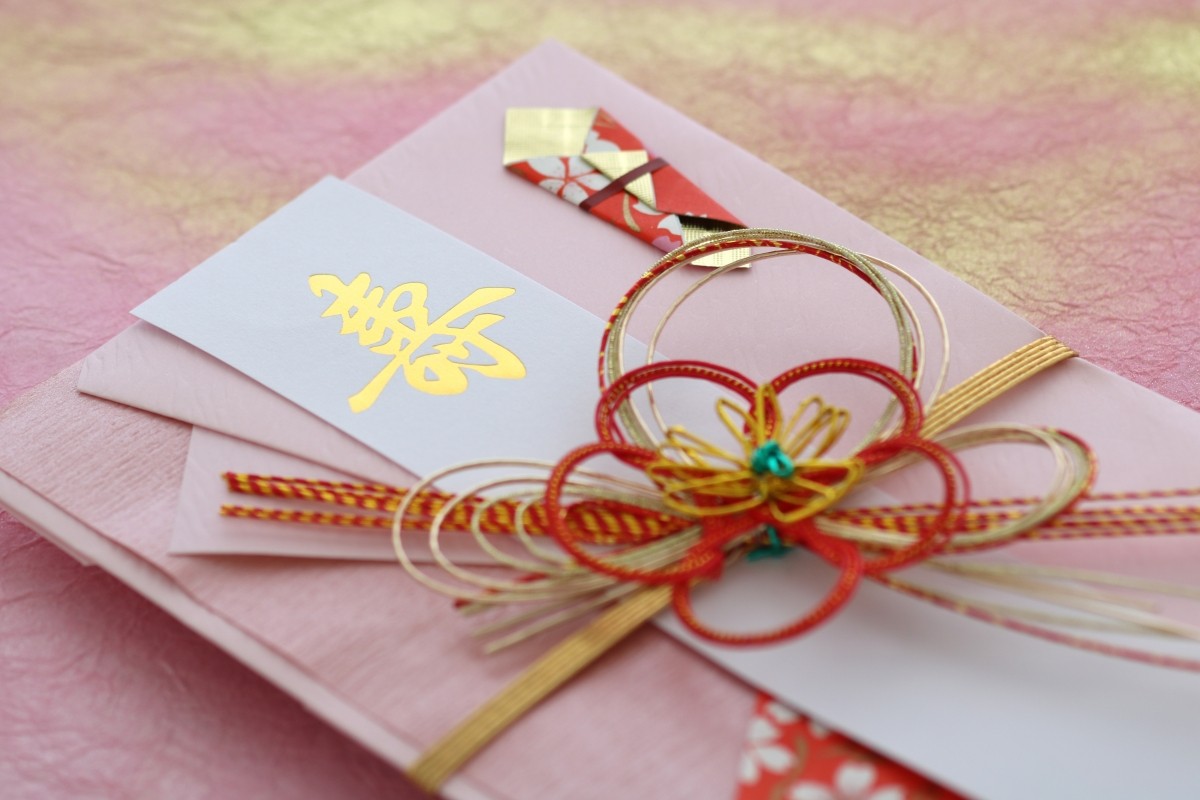
Tenshabi, meaning "the day when the heavens grant forgiveness," is a sacred day believed to bring divine blessings. On this day, it is said that the gods ascend to the heavens, nurturing all living things and forgiving past misdeeds. Because of this, Tenshabi is regarded as an extremely lucky day for any endeavor. Occurring only five to six times a year, it is considered one of the "strongest good fortune days." It is particularly auspicious for marriage-related events such as weddings, engagements, and legal registrations. Additionally, it is said to be the perfect day for moving to a new home, starting a business, purchasing a new wallet, buying lottery tickets, or even making inventions.
Tsuchinotomi no Hi (己巳の日)
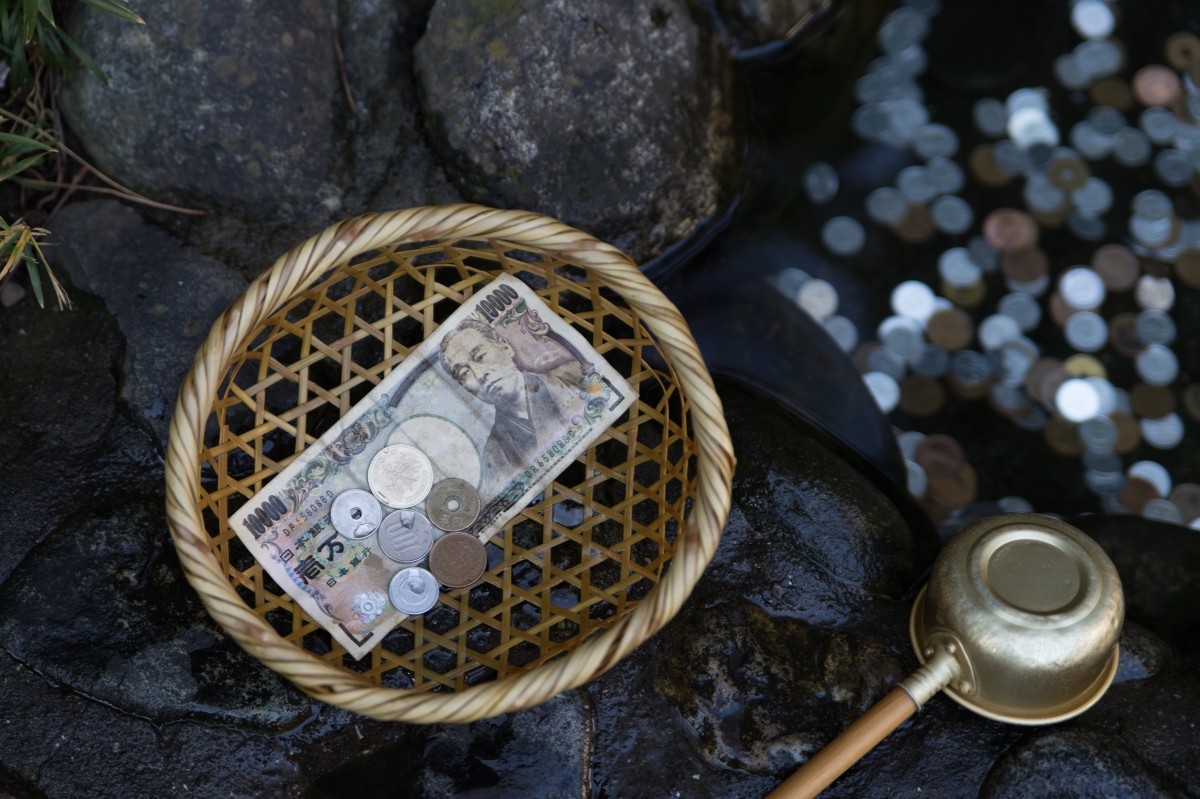
Tsuchinotomi no Hi is a special day that combines two traditional calendar elements: "Tsuchinoto" (己) from the Chinese-derived "Jikkan" (Ten Celestial Stems) and "Mi" (巳) from the Japanese zodiac-based lunar calendar. The name directly translates to "the day of Tsuchinoto and Mi."
The "Jikkan" is a ten-day cycle used in the traditional calendar, with each day assigned a name such as "Kō" (甲), "Otsu" (乙), and "Hei" (丙), among others. "Tsuchinoto" (己) is one of these ten.
Meanwhile, "Mi no Hi" (巳の日) appears once every twelve days in a repeating cycle of the twelve zodiac signs. The "Mi" (巳) symbol represents the snake, which is considered the messenger of "Benzaiten" (弁財天), the deity of wealth and prosperity. Because of this, Mi no Hi is regarded as an especially lucky day for financial fortune.
When Mi no Hi coincides with Tsuchinoto, it occurs only once every 60 days—about six times a year—making it an exceptionally rare and powerful day for financial luck. It is believed that purchasing a new wallet, visiting a Benzaiten shrine, or washing money at a "Zeniarai Benten" (money-washing shrine) on this day will bring financial prosperity.
Other Auspicious Days
Daimyo-nichi (Daimyo Day)
Daimyo-nichi is an auspicious day that signifies the opening of heaven and earth, with sunlight shining into every corner. Since the light reaches every nook and cranny, allowing for a clear view of the future, it is considered a good day for activities involving movement. Specifically, it is said to be a lucky day for moving houses, relocating, traveling, or receiving a new car.
There are about 8 to 16 Daimyo-nichi days in a month, and in some months, more than half of the days fall under this category.
Bosou-nichi (Bosou Day)
Bosou-nichi, which includes the character for "mother" (母), represents a day when heaven nurtures and cherishes people, just as a mother cares for her child. It is considered a good day for celebratory events, especially weddings, marriage registrations, moving houses, or building a new home. Since marriage is a step towards motherhood, and moving or building a house signifies preparing a new home for raising children, this day is regarded as highly auspicious.
Ten-on-nichi (Tenon Day)
Ten-on-nichi is an auspicious day when all people receive blessings from the heavens, bringing good fortune. It is considered lucky for all kinds of celebrations and positive events.
There are approximately 90 Ten-on-nichi days in a year, and they occur in consecutive five-day periods. While these days are excellent for celebrations, they are not considered suitable for funerals or mourning-related events.
Ten-ichi Tenjou (Ten'itsu Tenjou)
Ten'itsu Tenjou refers to a 16-day period when "Ten-ichi-shin," the deity that governs directions, ascends to the heavens. During this time, it is said that any direction you travel in is auspicious. Because of this, it is considered a lucky period for moving, traveling, or any activities that involve movement. Additionally, it is believed to be a good time for making steady progress toward a goal, making it an ideal period for purchasing lottery tickets.
Things to Do and Avoid on Auspicious Days

Things to Do
As mentioned above, auspicious days are ideal for starting something new or taking on a challenge. Some recommended activities include submitting a marriage registration, holding a wedding ceremony, starting a business, getting a new wallet, or opening a bank account.
Things to Avoid
Even though auspicious days are believed to bring positive outcomes, actions that could lead to trouble should still be avoided. This applies not only to auspicious days but in general—engaging in fights, taking on reckless debt, or causing trouble for others should be refrained from.
2025 Auspicious Day Calendar
Ichiryuu Manbai Day, Tensha Day, and Tsuchinotomi no Hi List
Here are the Ichiryuu Manbai Days for 2025.
January 7, 10, 19, 22, 31
February 6, 13, 18, 25
March 2, 5, 10, 17, 22, 29
April 3, 4, 13, 16, 25, 28
May 10, 11, 22, 23
June 3, 4, 5, 6, 17, 18, 29, 30
July 12, 15, 24, 27
August 5, 11, 18, 23, 30
September 4, 7, 12, 19, 24
October 1, 6, 16, 19, 28, 31
November 12, 13, 24, 25
December 6, 8, 9, 20, 21
These are the six Tensha Days in 2025.
March 10
May 25
July 24
August 7
October 6
December 21
Here are the Tsuchinotomi no Hi for 2025.
March 1
April 30
June 29
August 28
October 27
December 26
Notable Auspicious Days
Days in 2025 when Ichiryuu Manbai Day and Tensha Day overlap
March 10
July 24
October 6
December 21
* While July 24 is also a day when Tensha Day and Ichiryuu Manbai Day overlap, it is excluded because it coincides with "Fujouju Day," a day believed to prevent the fulfillment of wishes.
Ideas for Making the Most of Auspicious Days
Upgrade to a New Wallet for Better Financial Luck
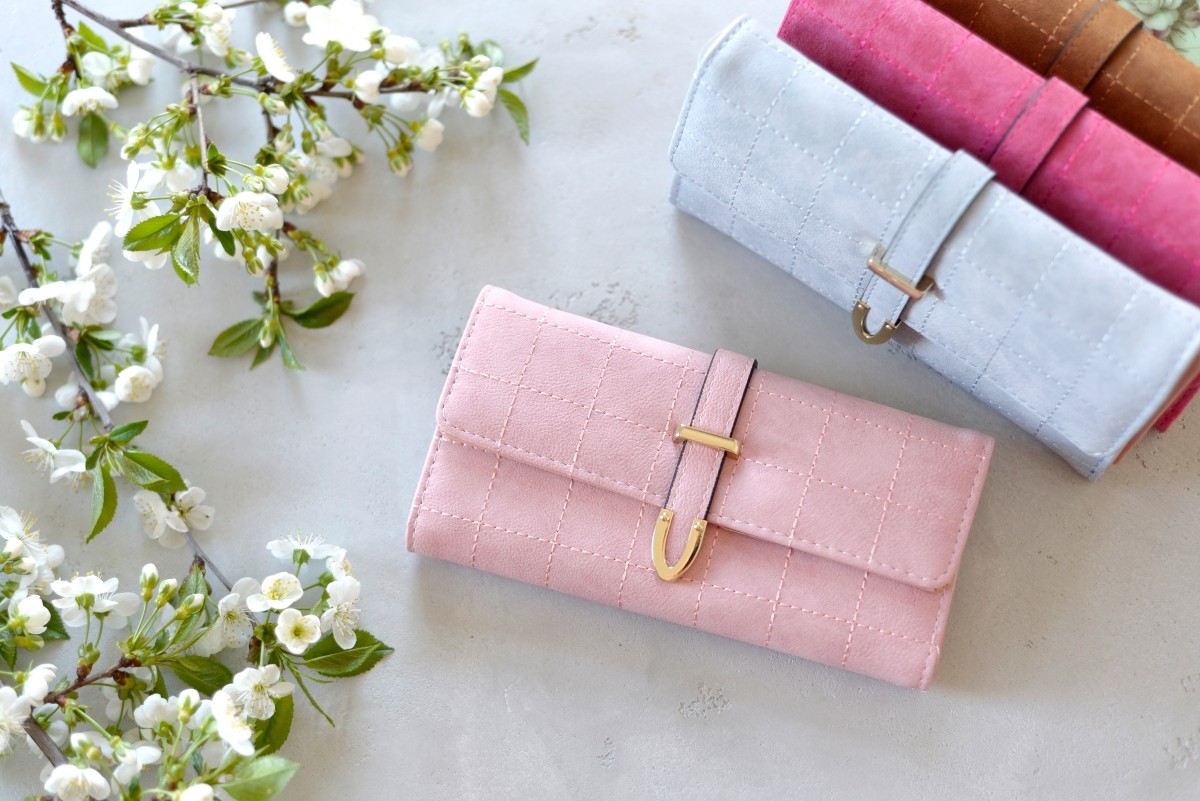
On days like Kishi Day, which are believed to bring financial fortune, it is recommended to get a new wallet, as wallets are closely tied to money. There is a belief that using the same wallet for more than three years can lower your luck. While you may feel attached to your current wallet and find it hard to part with, after three years, it is likely to show signs of wear and tear. By starting to use a new wallet on a lucky day for financial fortune, you may be able to attract even more prosperity.
Buy a Made-in-Japan wallet at Fujimaki Department Store 👉Click here
Buy a lucky wallet on Yahoo! Shopping 👉 Click here
Set Goals and Plan Your Actions Around Auspicious Days
Auspicious Days Work Best When Combined with Your Own Efforts
Auspicious days reflect Japan’s long-standing cultural tradition of believing in good fortune. However, they are not simply days when wishes magically come true just by hoping for them. Instead, they serve as a gentle push when you reach an important milestone in life—after you have put in the effort to achieve your goals.
Bibliography:
Sunmark Publishing『大吉日大全』藤本宏人著, 2023/10/20First edition, 445 pages
New Japan Calendar Co., Ltd. ""Auspicious Days" Calendar & Notebook Series", 2024/9
National Diet Library, "Japan Calendar", last updated in 2001, March 18, 2016 (Reference date: January 27, 2025)
https://www.ndl.go.jp/koyomi/chapter3/s6.html
Annual Events in Japan, Last updated January 1, 2025 (Reference date: January 27, 2025)
https://nihon-nenchugyoji.jp/tsuchinotominohi/
https://nihon-nenchugyoji.jp/tenichitenjo/
Oggi.jp, "What is 'Mother's Day'? Recommended ways to spend the day and check the 69 dates in 2024", 2024/1/17 (Reference date: 2025/1/27)
Mynavi News "What is Heavenly Blessing Day? What not to do, and how it differs from the 2023 calendar and Amnesty Day", 6/6/2023 (Reference date: 1/27/2025)
https://news.mynavi.jp/article/20230606-2684788/
Thank you! "17 points for wallets that will improve your fortune|Introducing the right time to start using it", 2021/10/9 (Reference date: 2025/1/27)

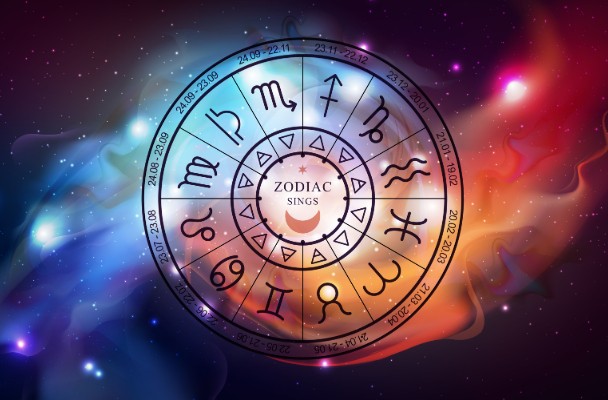
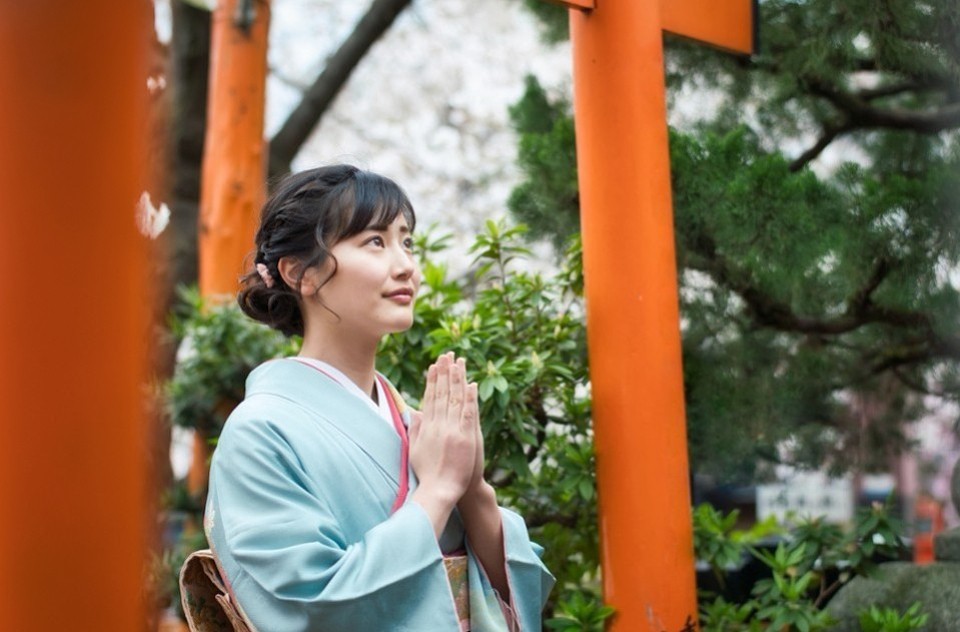
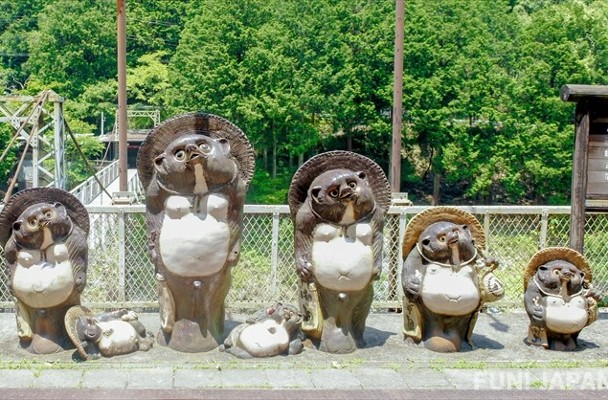
Comments